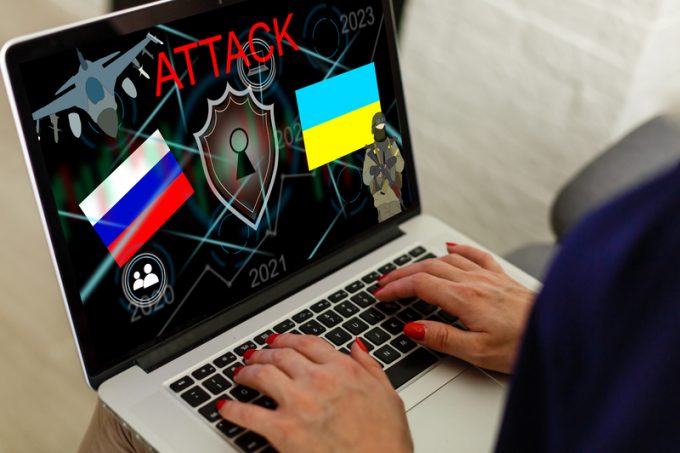Maersk suspends vessel calls at Haifa as regional tension rises
Maersk Line has become the first container line to reorganise its services to Israel, announcing ...

Despite the current paradigm affording unprecedented opportunities for catastrophic disruption, it seems that that the European logistics chain is not, so far, a prime target for Russian cyber attacks, as many had feared.
Cybersecurity expert Christina Stevenson, director of governance, risk & compliance at CyberCX, told ...

Comment on this article